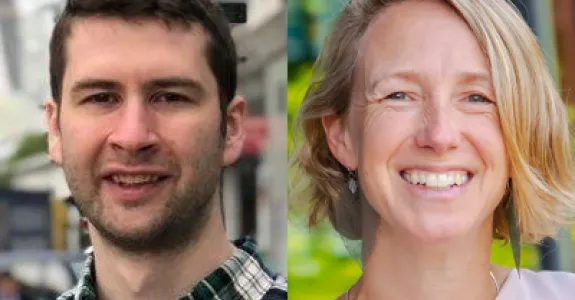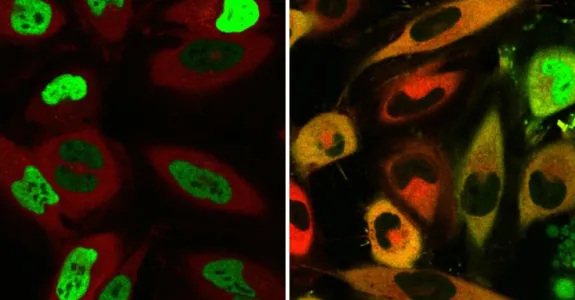
Dr. Steven Banik's research interests center on rewiring mammalian biology and chemical biotechnology development using molecular design and construction. Projects in the Banik lab combine chemical biology, organic chemistry, protein engineering, cell and molecular biology to precisely manipulate the biological machines present in mammalian cells.
Projects broadly aim to perform new functions that shed light on regulatory machinery and the potential scope of mammalian biology. A particular focus is the study of biological mechanisms that can be coopted by synthetic molecules (both small molecules and proteins). These concepts are applied to develop new therapeutic strategies for treating aging-related disorders, genetic diseases, and cancer.
Prior to joining the faculty at Stanford, Dr. Banik was a NIH and Burroughs CASI postdoctoral fellow advised by Prof. Carolyn Bertozzi at Stanford. His postdoctoral research developed approaches for targeted protein degradation from the extracellular space with lysosome targeting chimeras (LYTACs). He received his Ph.D. from Harvard University in 2016, where he worked with Prof. Eric Jacobsen on synthetic methods for the selective, catalytic difluorination of organic molecules and new approaches for generating and controlling reactive cationic intermediates in asymmetric catalysis.





